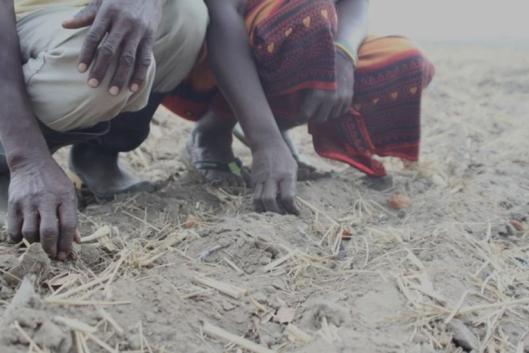Peasants in northern Mozambique are struggling to keep their lands and water sources, as governments and foreign companies move aggressively to set up large-scale agribusiness projects. The long-awaited ProSavana Plan for agribusiness development in the Nacala Corridor, inspired by the so-called “successful” agribusiness development in the Brazilian Savannah (cerrado) region, is out. Although the Plan is dramatically different from a leaked early draft due to civil society pressure, it still fails to discuss the contentious issue of land grabs and land conflicts. The Plan sees families using more of their land permanently (eliminating rotation systems), raising productivity through “improved seeds and fertiliser” while increasing area with tractor ploughing. The Plan says nothing about the amount of lands that foreign investment is planning to take. It also does not address the urgent water crisis that this agribusiness model has left in Brazil, where serious problems in the water supply are affecting urban centres, ignoring research done by several Brazilian researchers making a direct link between water scarcity and large-scale deforestation due to agribusiness expansion.
See note here:
http://www.clubofmozambique.com/solutions1/sectionnews.php?secao=business&id=2147488847&tipo=one
A new report from the NGO GRAIN provides detailed information about cases of land grabbing for agricultural production that are already occurring in the Nacala Corridor. It exposes some of the key players involved and shows how foreign investors and their industrial model of agribusiness are wreaking havoc on the local peasant communities and their food systems. These land grabs provide a clear picture of the kind of "investment" Mozambican peasants can expect from ProSavana.
See report here: http://www.grain.org/article/entries/5137-the-land-grabbers-of-the-nacala-corridor
